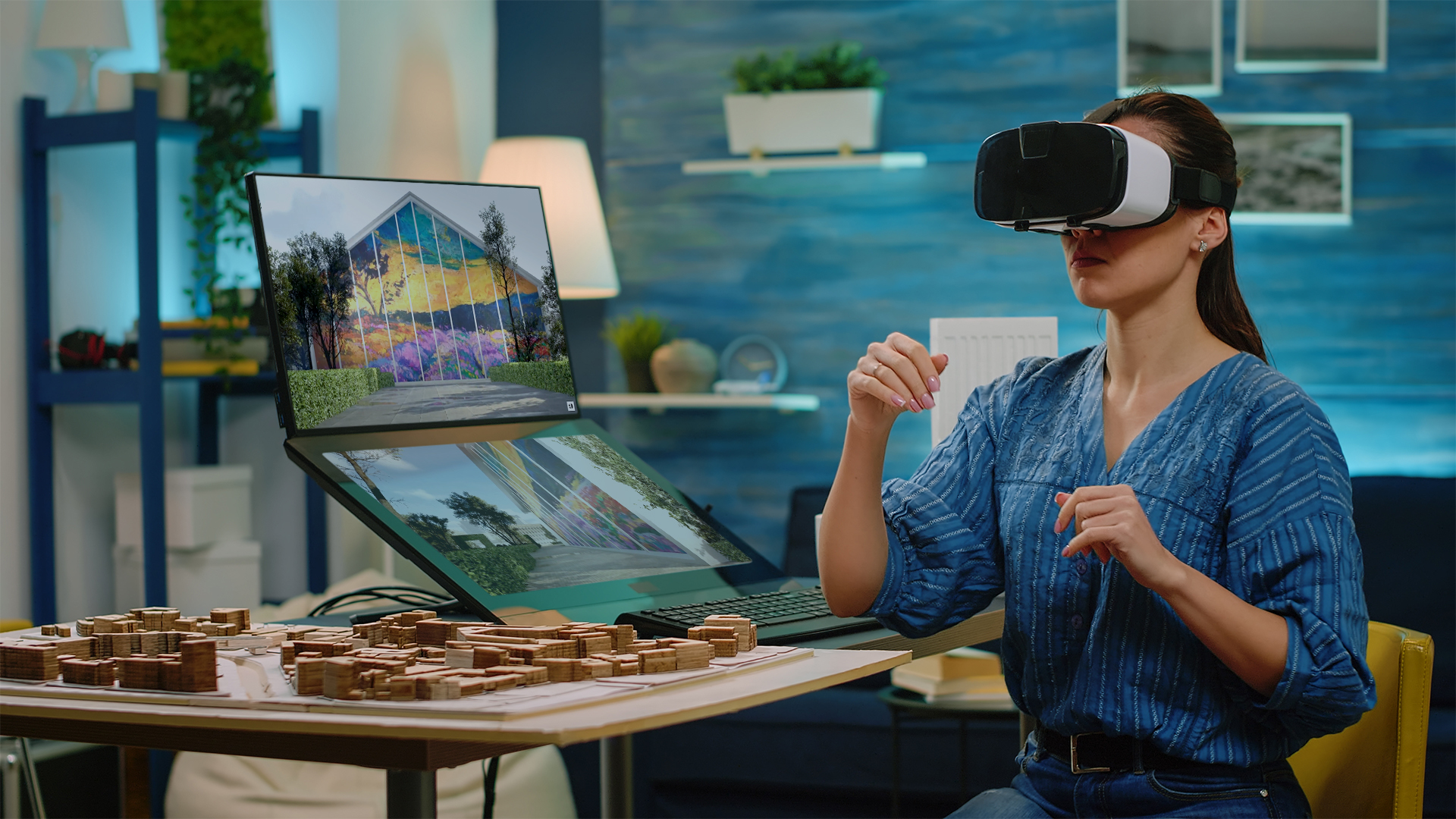Driven to Divide: Insights & Perspectives
Exploring the forces and ideas that shape our divided world.
Virtual Reality: Escaping Reality or Just a New Form of Boredom?
Is virtual reality a thrilling escape or just a new way to feel bored? Discover the truth behind the trend that’s captivating gamers and dreamers!
Virtual Reality: A New Frontier or Just a Digital Distraction?
Virtual Reality (VR) is often touted as a transformative technology that can revolutionize various industries, including gaming, education, and healthcare. By immersing users in a fully interactive 3D environment, VR offers unparalleled experiences that go beyond traditional media. According to a report from Statista, the global market for virtual reality is expected to exceed $57 billion by 2027, underscoring its potential as a new frontier in technology. However, critics argue that it can also serve as a form of escapism that distracts users from the real world, raising concerns about its long-term effects on mental health and social interaction.
To understand whether VR is a new frontier or simply a digital distraction, we must consider its applications and implications. For instance, in education, VR can enhance learning by providing immersive simulations and virtual field trips, as highlighted by the EdTech Magazine. Conversely, excessive use of VR technology may lead to social isolation and decreased physical activity. As we navigate the evolving landscape of virtual reality, finding a balance between harnessing its potential and mitigating its risks will be crucial for users and developers alike.

How Virtual Reality is Transforming Entertainment and Leisure
Virtual Reality (VR) is revolutionizing the way we experience entertainment and leisure, providing immersive experiences that were previously unimaginable. From gaming to virtual travel, VR allows users to step directly into their favorite worlds. According to a report by Statista, the market for virtual reality is projected to reach significant growth in the coming years, showcasing its increasing importance in the entertainment industry. Gamers can now interact with richly detailed environments and characters, enhancing their overall experience through greater engagement and realism.
Furthermore, VR is not limited to gaming. It is expanding into other leisure activities, including virtual tourism, where users can explore exotic locations without leaving their homes. Platforms like Viveport offer users the chance to explore historical sites and natural wonders in a fully immersive environment. This level of accessibility is transforming traditional leisure activities, proving that virtual reality can bring experiences that delight and educate, all while enriching our understanding of the world around us.
Is Virtual Reality an Escape from Reality or a Source of Stagnation?
Virtual reality (VR) has often been hailed as a revolutionary technology that offers users an immersive experience unlike any other. It captivates users by transporting them into different worlds, allowing them to engage in activities that may not be possible in their daily lives. While proponents argue that VR provides a creative outlet and a form of entertainment that fosters exploration and learning, critics caution that it can become a means of escape from real-world responsibilities and challenges. In this sense, VR can lead individuals to neglect their everyday lives in favor of a simulated existence, potentially resulting in a cycle of avoidance rather than resolution. For more insights on the implications of extended VR use, check out this article from Psychology Today.
Moreover, the use of virtual reality can also promote stagnation by creating a dependency on these digital environments, ultimately hindering personal growth. When users find solace in these fabricated realities, they may miss out on important life experiences and relationships. This concern is echoed by experts who highlight that while VR can be therapeutic, it is essential to maintain a balance between virtual interactions and real-world connections. As individuals delve into these constructed worlds, they risk stunting their emotional and social development. For an in-depth analysis of VR's impact on mental health, consider reading this article from NCBI.